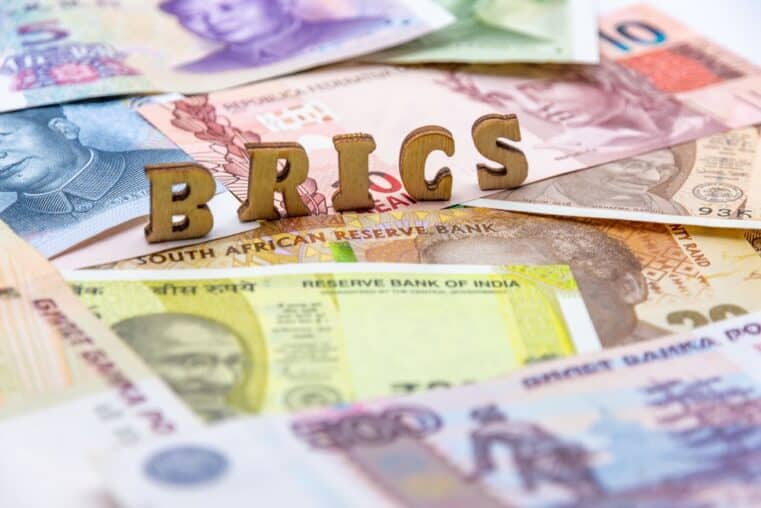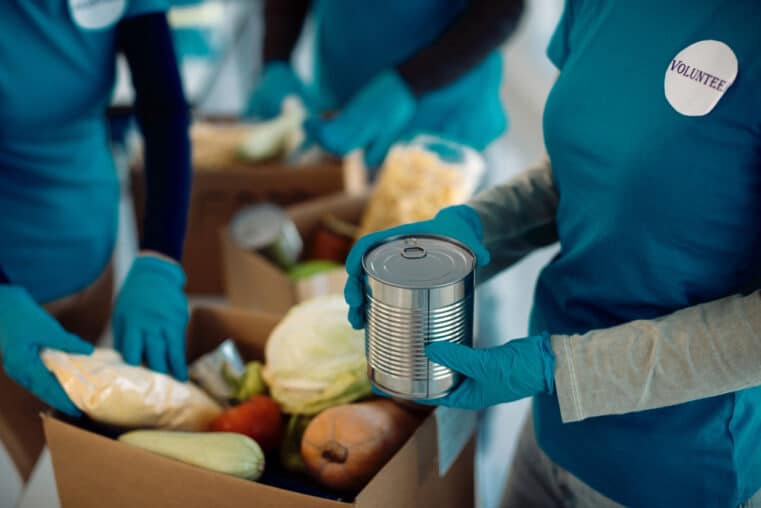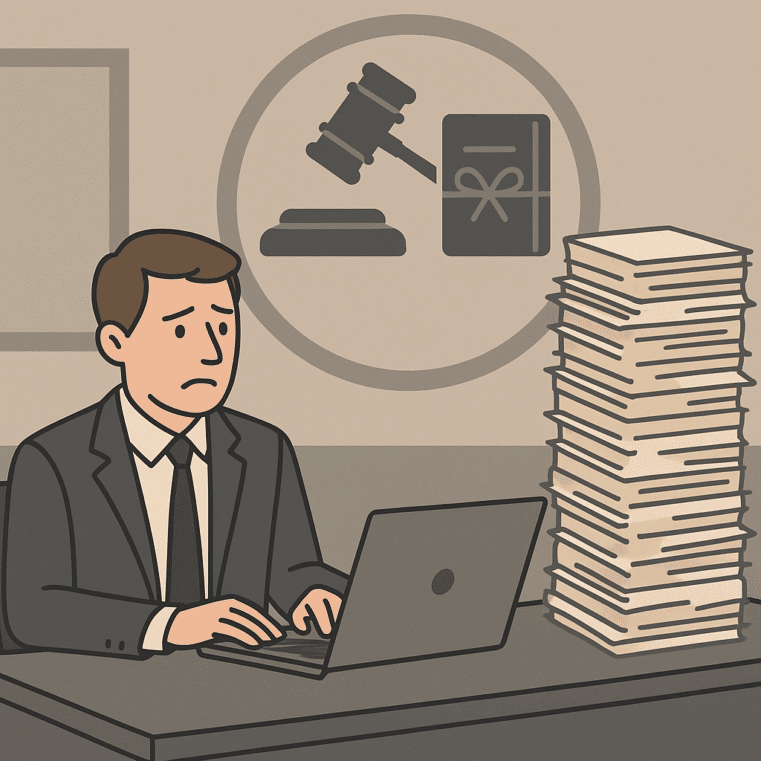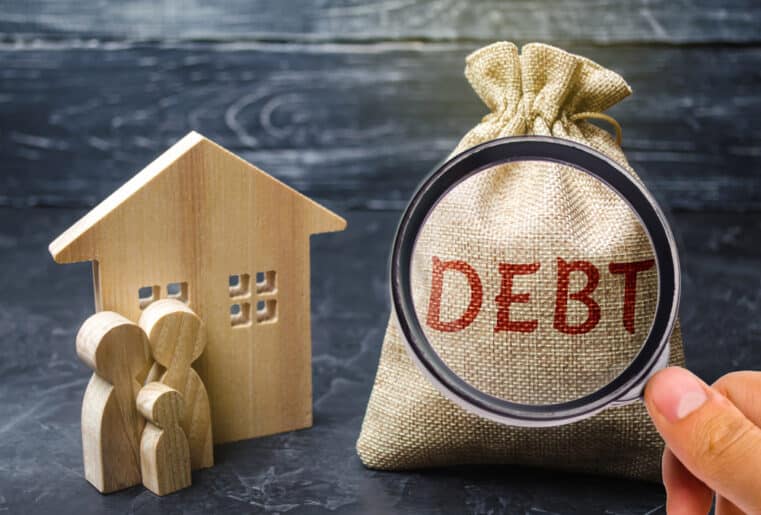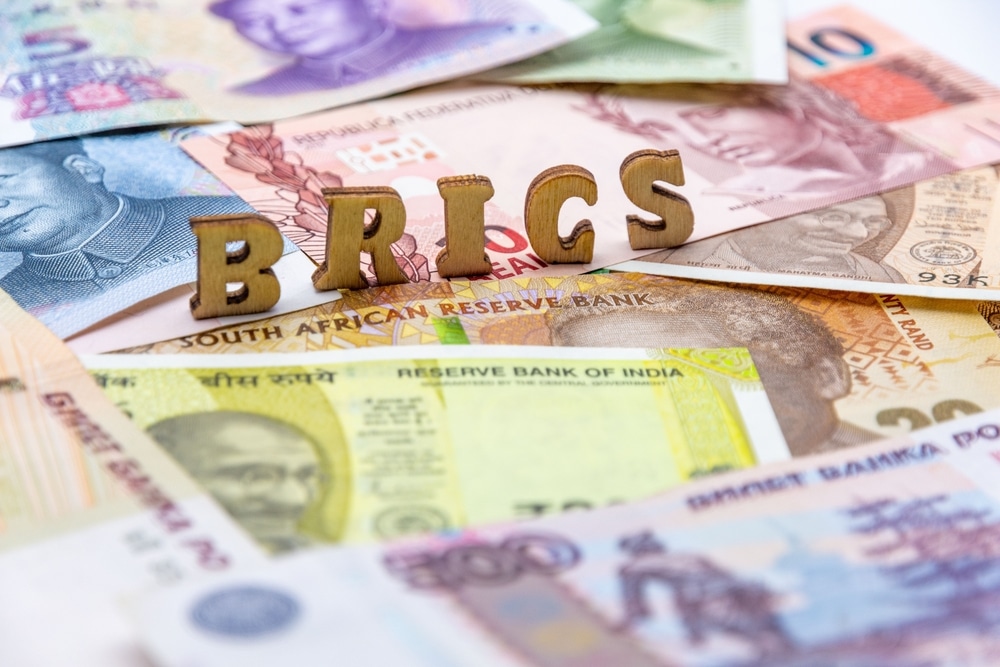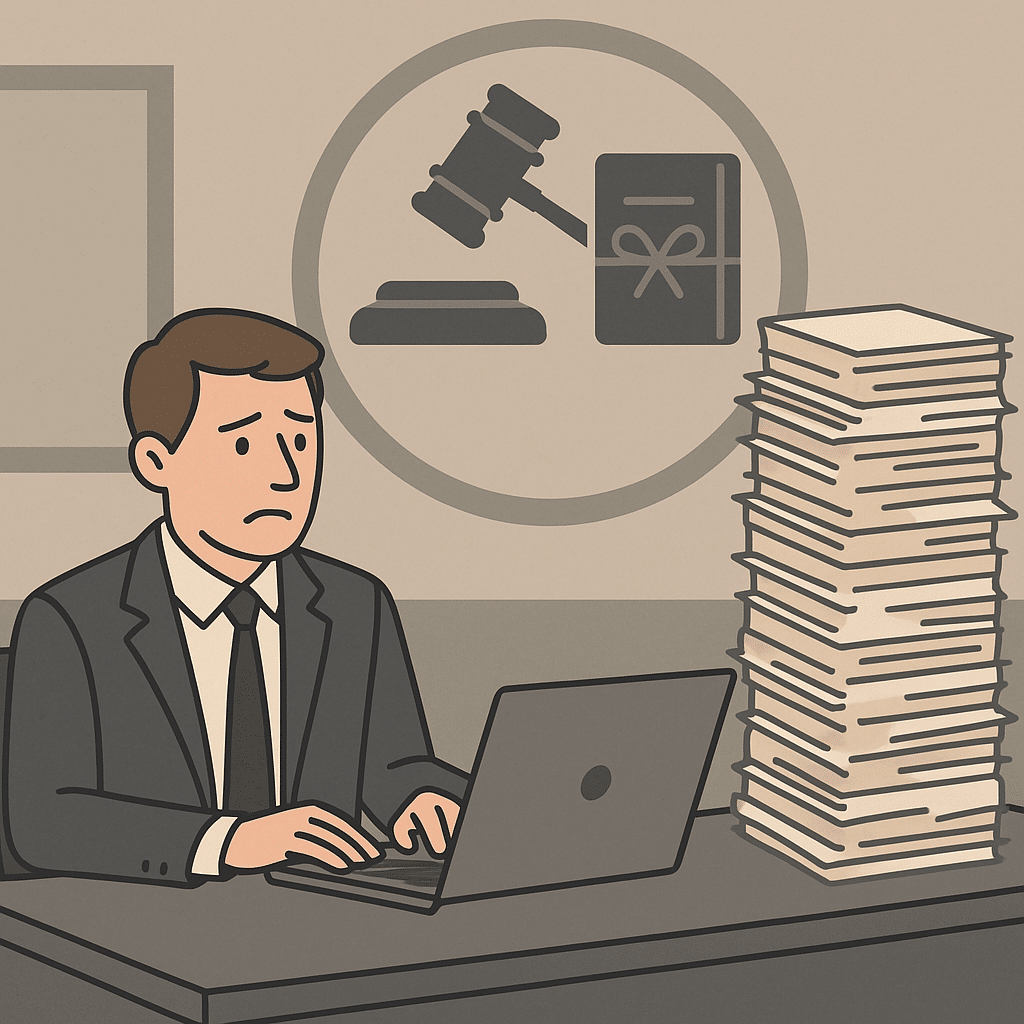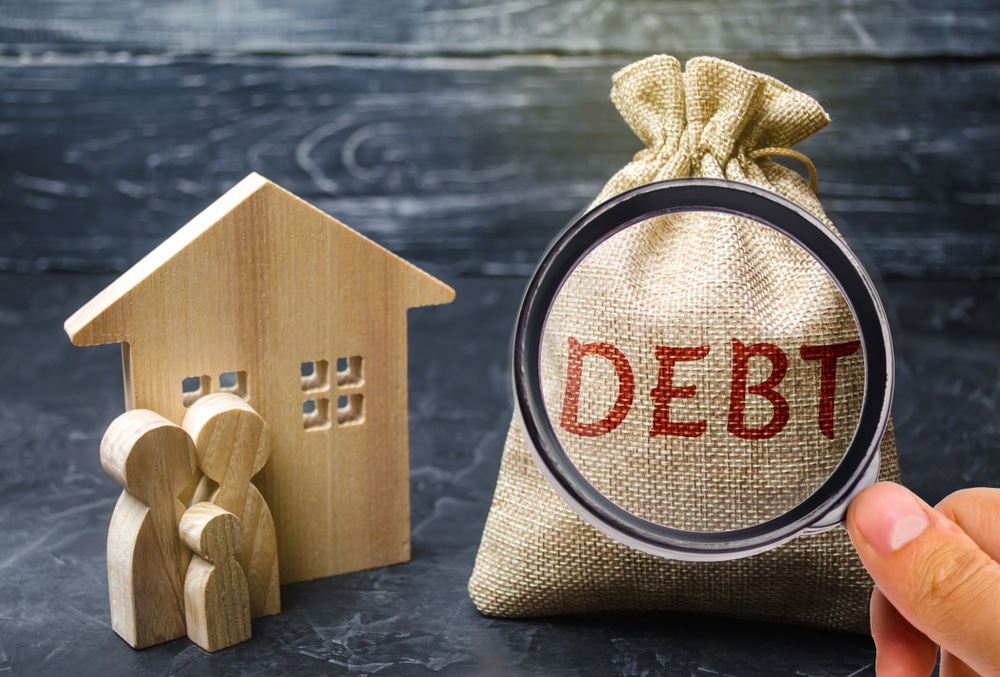
Trump’s $14 Billion Farm Bailout Is Not Capitalism—It’s Crony Welfare
Tariffs Are Taxes—Don’t Let the Slogan Fool You
Let’s kill the lie up front: tariffs are not free money. When Trump brags, “We’ve made so much money on tariffs,” he’s saying Americans were forced to pay more for goods. Tariffs are just hidden taxes, designed to look like punishment for foreign countries while actually draining the wallets of American consumers.
Milton Friedman famously said, “The burden of a tariff is borne almost entirely by the domestic consumer.” That’s not just theory—it’s what’s happening right now. Higher prices at Walmart. Smaller margins for small businesses. More volatility for farmers caught in the trade war’s blast radius.
This Isn’t a Bailout for Farmers—It’s a Bribe for Votes
Don’t be fooled by the soybean rhetoric. This aid package is not some benevolent rescue of America’s heartland—it’s strategic vote-buying. Trump’s political base is heavily rooted in rural America, particularly among Midwestern soybean growers. So when China hits that demographic in retaliation for U.S. tariffs, Trump doesn’t deregulate. He writes checks.
This is crony welfare. It’s the federal government intervening with billions to shield a politically convenient group from market consequences—market consequences created by government interference in the first place.
Friedman’s Warning: Subsidies Create Dependency
Milton Friedman wasn’t just a critic of big government—he was a prophet. He warned us that subsidies distort markets and turn industries into wards of the state. Once you get a taste of government cash, you change your business model—not to compete, but to comply.
This $14 billion is not a one-time patch. It’s a leash. Farmers who accept it are no longer free agents in a free market—they’re dependents in a managed economy. And make no mistake, the bureaucracy that doles out this money will expect something in return: obedience, compliance, and silence.
China Is Playing Strategically—America Is Reacting Emotionally
China's pivot to Brazil isn't random—it’s precision economic warfare. They're exploiting Trump's political vulnerabilities and driving a wedge between him and his rural supporters. That’s geopolitics 101. And how does America respond? Not with policy strength, not with market liberalization—but with another welfare check.
Friedman would call this not just short-sighted, but dangerous. You don’t beat strategic adversaries by copying their command-and-control tactics. You beat them by standing firm in principles—freedom, voluntary exchange, and market competition. We’re not doing that. We’re panicking and printing checks.
The Slippery Slope: From Tariffs to Total Control
This is how empires rot from the inside. You start with tariffs “to protect American jobs.” Then you offer bailouts “to help American farmers.” Next, you investigate seed and fertilizer companies “for price manipulation.” And suddenly, the state is managing the entire food supply chain under the guise of “economic fairness.”
We’ve seen this script before. The more the government intervenes, the more broken the system becomes—until you need even more intervention to “fix” the problems government created. It's the same pattern that crushed innovation in the Soviet bloc and turned Argentina into an economic wasteland.
Real Freedom Demands Real Markets—Not Bailouts
If Trump wanted to help American farmers, he’d rip up the tariffs and get Washington out of their way. Let farmers trade freely. Let markets correct. Let supply chains adapt. That’s capitalism. That’s how America used to work before every economic hiccup became a crisis demanding federal aid.
The problem isn’t China. The problem is the American addiction to state solutions. And the more we feed it, the weaker we become—not just economically, but culturally.
Call to Action: The Next Collapse Won’t Come With a Bailout
Don’t wait for the state to save you. When the financial system finally cracks, they won’t be bailing out the little guy—they’ll save the banks, the megacorps, and their political friends.
Get prepared now. Download Seven Steps to Protect Yourself from Bank Failure by Bill Brocius. It’s your blueprint for survival when the next shoe drops.
Because when the state goes broke, the leash turns into a noose.


